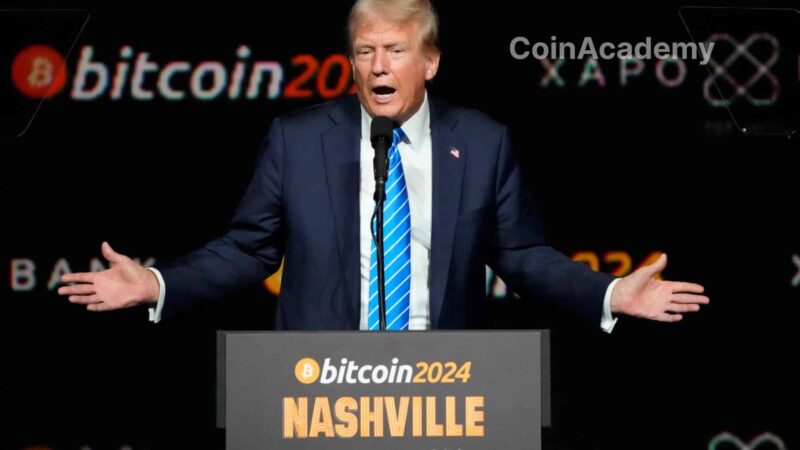Les fondateurs de Samourai Wallet, Keonne Rodriguez et William Hill, ont plaidé coupable pour exploitation d’un service financier sans licence, évitant ainsi une peine maximale de 20 ans.
En échange de l’abandon des poursuites pour blanchiment, ils ont accepté une peine de 5 ans maximum et la restitution de 238 millions de dollars.
L’affaire s’inscrit dans un durcissement de la justice américaine contre les outils de confidentialité comme Samourai Wallet ou Tornado Cash, avec des conséquences majeures pour la DeFi.
From Privacy to Court: The Samourai Wallet Case
Samourai Wallet was a symbol of on-chain privacy. A Bitcoin wallet focused on anonymity, featuring the CoinJoin function to obscure funds’ origin.
However, for US authorities, it was seen as a money laundering machine. Prosecutors claimed over $100 million of criminal origin had flowed through the wallet, leading to two indictments for the developers:
- money laundering conspiracy
- and operation of an unlicensed money transfer service.
Initially pleading not guilty, Rodriguez and Hill have now entered into a government agreement, dropping the money laundering charge, the most severe.
An Agreement That Changes Everything
The stakes were high. Money laundering could mean up to 20 years in prison. By confessing only to operating an illegal financial service, they face a maximum of 5 years.
The deal also involves a massive seizure: $238 million in crypto assets and cash to be returned. The first installment of $6.3 million must be paid before their sentencing in November 2025.
Simultaneously, the trial of Roman Storm, developer of Tornado Cash, concluded on the same day in the same court. Similar service, similar charges. The US justice system sends a clear message: creating a privacy tool also carries legal risk.
A Precedent with Far-Reaching Consequences for the Ecosystem
The timing is far from coincidental. While the DeFi industry advocates for privacy protection, the US justice system tightens its grip on developers of ‘non-compliant’ tools.
Rodriguez is under house arrest, while Hill, residing in Portugal, has been ordered to return to New York to complete his home confinement.
This serves as a strong signal as debates around crypto privacy regulation, and mixers, intensify. Is code a form of protected expression? Or a tool for money laundering if misused? The Tornado Cash trial is expected to provide answers.
In the meantime, Samourai Wallet has fallen. And the ripple effect could shake the entire ecosystem.




